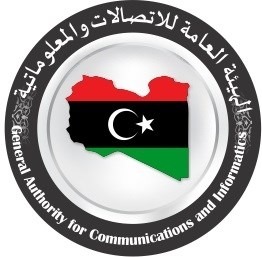The General Authority for Telecommunications and Informatics announced yesterday the launch of the Libyan National Frequency Allocation Plan (LNFP 2025).
The Authority says this comprehensive regulatory and legal framework aims to optimize the use of the radio spectrum, a rare and valuable national resource, and a fundamental pillar for supporting Libya’s digital transformation. It adds that it comes as part of the implementation of the National Telecommunications and Informatics Strategy,
Responding to significant increase in demand for modern telecommunications
The plan represents one of the strategic pillars for enhancing digital infrastructure, responding to the significant increase in demand for modern telecommunications services such as broadband internet and digital broadcasting. It also provides solutions to address the challenges of frequency congestion and overlapping uses between civil, military, and public service sectors.
The Authority said the plan was prepared in partnership with stakeholders from relevant national entities, which are major users of the radio spectrum, and in accordance with local and international standards to ensure its alignment with national priorities and development aspirations.
The plan is based on the National Telecommunications Law and the International Radio Regulations (WRC-23). It provides an attractive investment environment, supports technological innovation, and enhances digital sovereignty and national security, in line with the National Strategy’s vision to build an advanced digital economy.
It also relies on a four-yearly update mechanism, in conjunction with International Telecommunication Union conferences, through a specialized national committee comprising experts and engineers. This ensures national needs are met and global developments are kept pace with.
The Authority affirms that the inclusion of the National Frequency Plan within the National Telecommunications and Information Technology Strategy constitutes a strategic tool for national development and strengthens Libya’s position as a regional player in the field of radio spectrum management.
.











